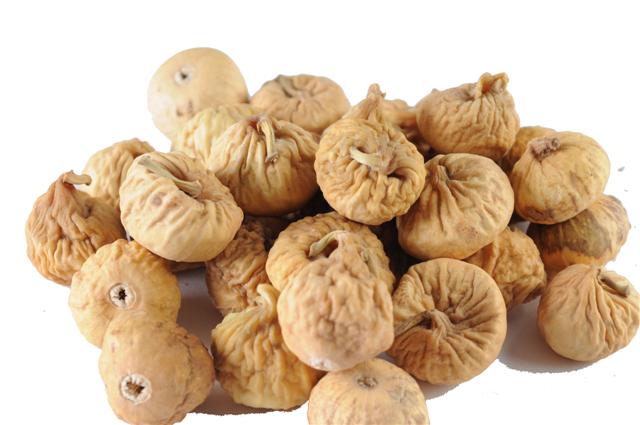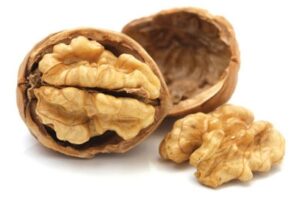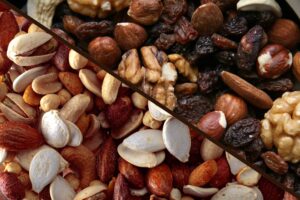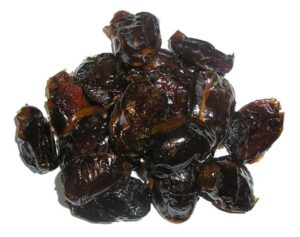Discover the Nutritional Benefits
In the quest for a healthy diet, many people are turning to dried fruits as a convenient and nutritious snack. But one question often arises: Does dried fruit have iron? In this article, we will explore the iron content in various dried fruits, their health benefits, and how to incorporate them into your diet effectively.
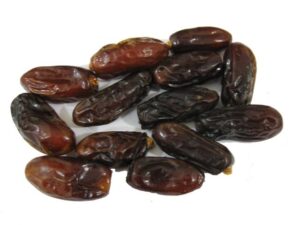
Understanding Iron and Its Importance
Iron is an essential mineral that plays a crucial role in the body. It is a key component of hemoglobin, the protein in red blood cells responsible for transporting oxygen throughout the body. Adequate iron intake is vital for maintaining energy levels, supporting immune function, and promoting overall health. There are two types of dietary iron: heme iron, found in animal products, and non-heme iron, found in plant-based foods, including dried fruits.
The Iron Content in Dried Fruits
Dried fruits can be a valuable source of non-heme iron, making them an excellent addition to a balanced diet, especially for vegetarians and vegans. Here’s a look at some popular dried fruits and their iron content:
1. Dried Apricots
Dried apricots are not only delicious but also a good source of iron. A 100-gram serving of dried apricots contains approximately 2.7 mg of iron. They are also rich in vitamins A and C, potassium, and fiber, making them a nutritious choice for snacking.
2. Raisins
Raisins are another dried fruit that provides a decent amount of iron. A 100-gram serving of raisins contains about 1.6 mg of iron. In addition to their iron content, raisins are high in antioxidants and can help improve digestion.
3. Prunes
Prunes, or dried plums, are well-known for their digestive benefits, but they also contain iron. A 100-gram serving of prunes offers around 0.9 mg of iron. They are also an excellent source of fiber and can help regulate bowel movements.
4. Figs
Dried figs are not only sweet and tasty but also provide a good amount of iron. A 100-gram serving of dried figs contains approximately 0.17 mg of iron. They are also rich in calcium, potassium, and antioxidants, making them a healthy snack option.
5. Dates
Dates are a popular dried fruit that is not only high in natural sugars but also contains iron. A 100-gram serving of dates provides about 0.9 mg of iron. They are also a great source of energy and can be used as a natural sweetener in various recipes.
How to Enhance Iron Absorption from Dried Fruits
While dried fruits can contribute to your daily iron intake, it’s essential to consider how to enhance iron absorption. Here are some tips:
– Pair with Vitamin C: Consuming dried fruits with foods high in vitamin C, such as citrus fruits, strawberries, or bell peppers, can significantly enhance iron absorption. For example, adding dried apricots to a salad with orange slices can boost your iron intake.
– Avoid Calcium-Rich Foods: Calcium can inhibit iron absorption, so it’s best to avoid consuming calcium-rich foods (like dairy) at the same time as your dried fruit snacks.
– Cook with Iron Sources: Incorporating dried fruits into meals that contain other iron sources, such as legumes or whole grains, can help increase overall iron intake.
Incorporating Dried Fruits into Your Diet
Dried fruits are versatile and can be easily incorporated into your daily meals and snacks. Here are some creative ways to enjoy them:
– Trail Mix: Combine dried fruits with nuts and seeds for a nutritious and energy-boosting snack.
– Breakfast Toppings: Add dried fruits to your oatmeal, yogurt, or smoothie bowls for added flavor and nutrition.
– Baking: Use dried fruits in baked goods like muffins, bread, or cookies for a natural sweetness and extra nutrients.
https://driedfruitexporter.com/understanding-the-pistachio-worm/
– Salads: Toss dried fruits into salads for a sweet contrast to savory ingredients.
– Energy Bars: Make homemade energy bars using dried fruits, nuts, and oats for a healthy on-the-go snack.
